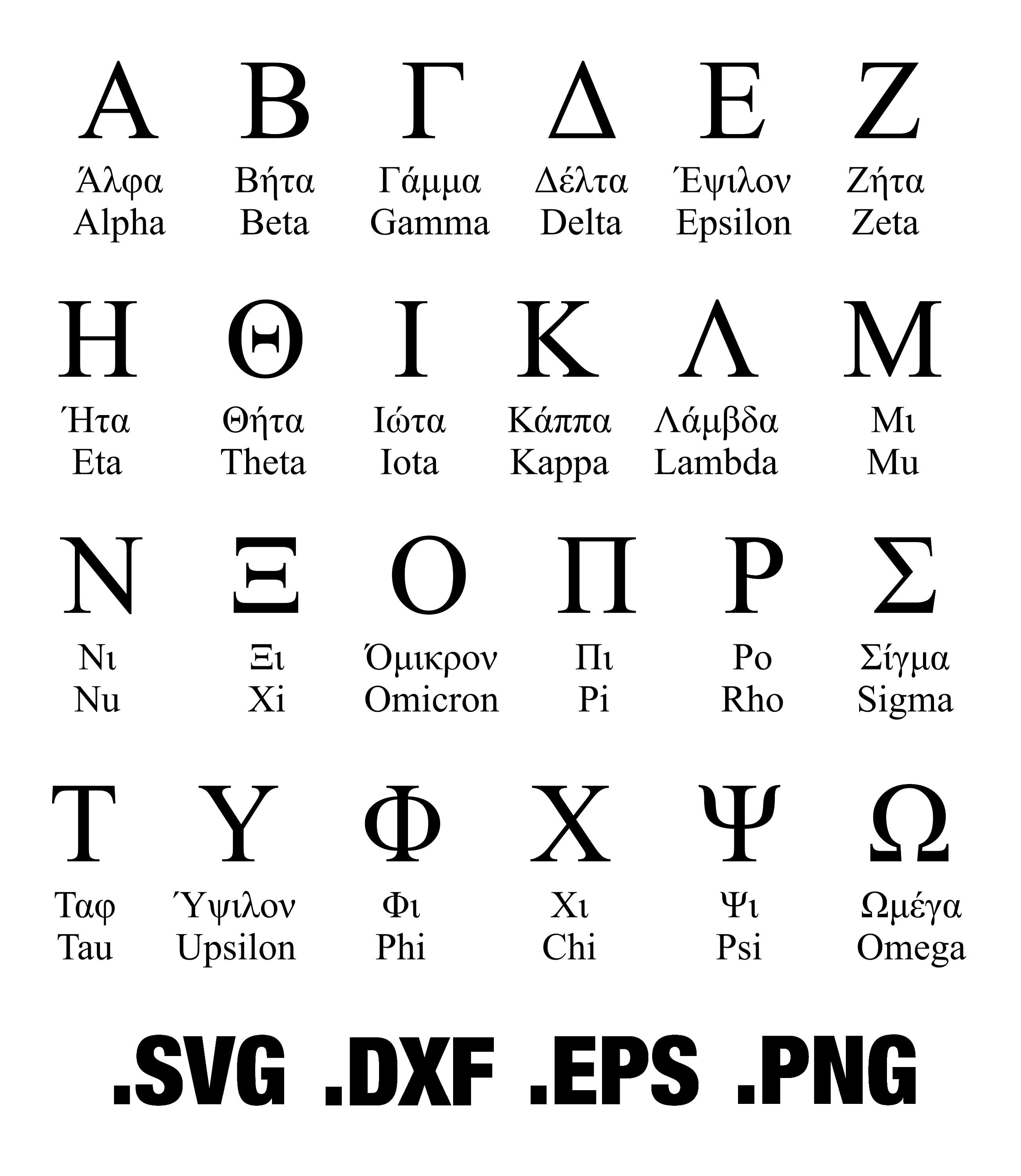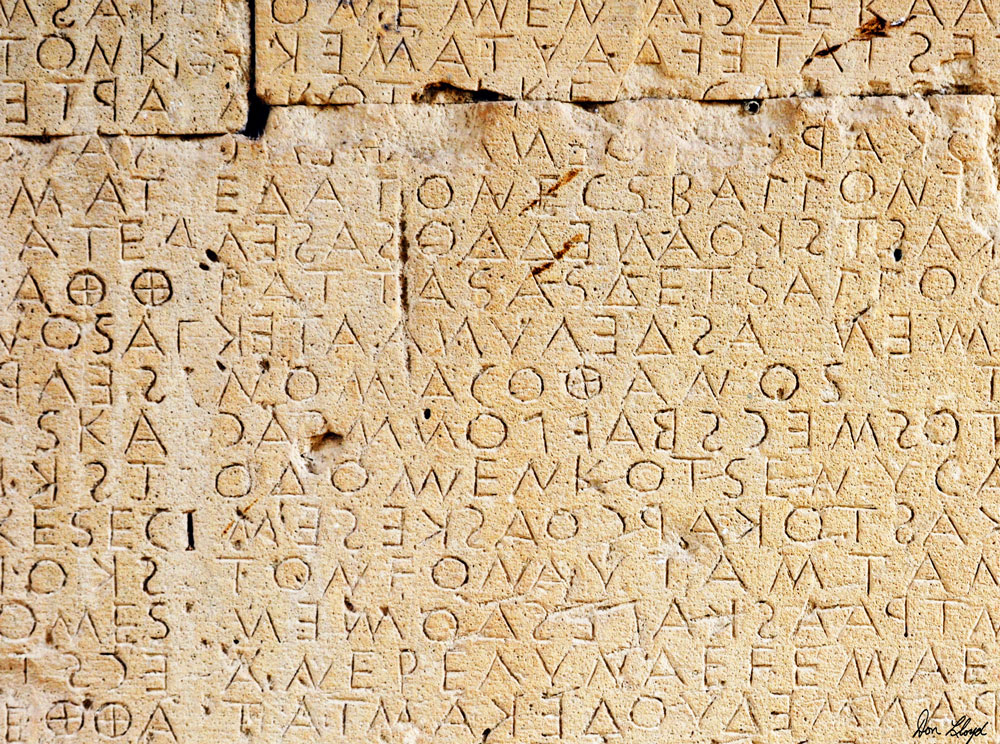

Tripp was necessarily commenting on the practice of translating during and before his day, and there has been profound change since then. Today's translators (and classical scholars in general) are far less prudish about sexual aspects of literature. Now there is also at least one edition of the complete poems of Catullus for use in American high schools.) (In 1970, Kenneth Quinn published his own edition of all Catullus' poems for use in British secondary schools, and did comment on all of them in English.

Every teacher of Latin knows which poems those are, and why he felt it necessary to omit them. Fordyce introduced his edition of the Latin text of Catullus (1961) with the notice that "a few poems which do not lend themselves to comment in English have been omitted." Thus, he has gone to the trouble to edit and provide learned commentary on all but a few poems that he feels it necessary to exclude. Here is an example that I cite simply because I (like everyone else who has encountered it) remember it well: C. In some cases, there was stark, outright bowdlerization of offending texts. I would, however, certainly note that all classical texts and translations from the '50s and before (and sometimes after) certainly were rendered far more "polite" than their originals.

Nor do I recall ever thinking that every, or almost every, passage in Plato was strongly and inextricably connected with homosexuality (not that I couldn't have missed it). I can attest that to anyone who has read Plato-or any other good Greek author-in both Greek and translation, the difference is manifest.īut I had never thought about this problem as one of suppressing homosexual implications. My question: Is the Alan Bloom translation fair and accurate? Or does it whitewash and distort the Greek original, as did Jowett's edition. Tripp explained that the Kinsey Institute had contracted for accurate translations of all of these classical works, but that modern censorship consigned all of them behind locked doors. In the prestigious Jowett translation, for example, both the Symposium and Lysis have been garbled almost beyond recognition." His poetic and ethical works have been distorted still further. "And since the Greeks wove personal and sexual relations into the very fabric of government, these expurgations have altered the political and philosophical views of Plato very considerably. Tripp continued to explain why these translations are not worthy of being read, saying, in his book The Homosexual Matrix, (ISBN 0-07-065201-5): Tripp in 1955, while he was on a book tour, during which he assailed translations of Plato into English, as "all have been censored of much if not most of their homosexual content." I began, fairly young, with the Jowett translation, but then attended a lecture by C. Well now, the near universal praise for Alan Bloom's translations of Plato suggests that I should tackle Plato, again. There are no other significant ancient sources on a life, and anything modern would necessarily draw upon these, and these would, of course, be better than something like Leonidas: Hero of Thermopylae, which is a children's book. The best you can do is to read the entry in the Oxford Classical Dictionary and then the relevant sections of Plutarch mentioned here, as well as Herodotus and Diodorus Siculus. In a difficult struggle they were killed by the swarming Persians, pouring in on all sides. Rather than dying in the pass, Leonidas led his men right up to Xerxes' tent and, finding him absent, sought him throughout the enemy camp, killing everyone in their path. Specifically Plutarch has just accused Herodotus of obscuring or dimming 'the greatest act' of Leonidas.

In his work on the malice of Herodotus (conventionally given the Latin name De malignitate Herodoti), he says that certain things neglected by that historian will be written in the Life of Leonidas. I know of no Life of Leonidas, though Plutarch apparently intended to write one.


 0 kommentar(er)
0 kommentar(er)
